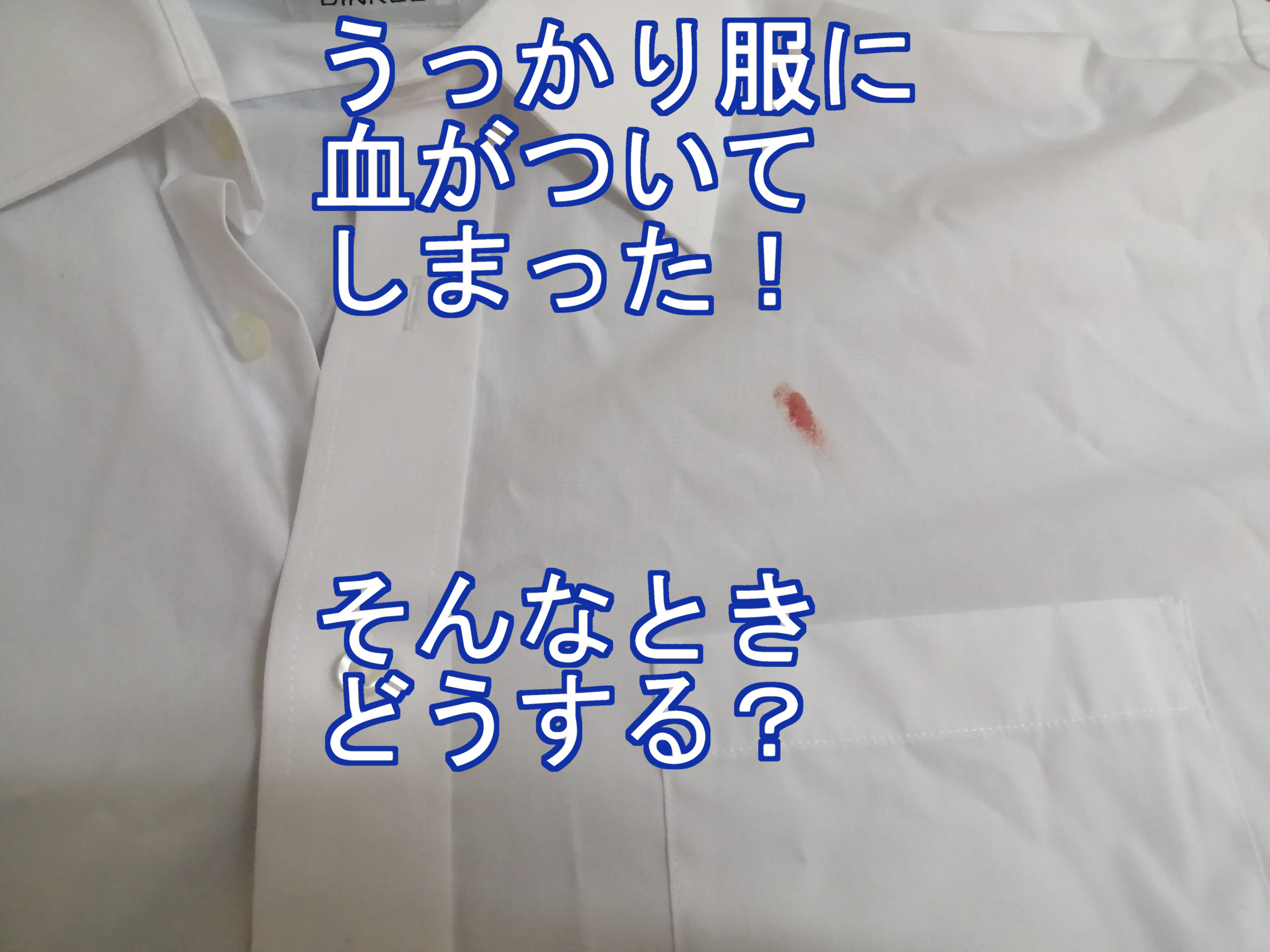sex na weselu
ネズミ 一 匹 いたら千歳りあ
il segnale raffigurato indica la fine di un centro abitatoс река на сърцето епизод 4
パンツ に 血 が ついて いた 男 (Pantsu ni chi ga tsuite ita otoko) is a Japanese phrase that translates to "the man with blood on his pants." This phrase may seem simple at first glance, but it carries a lot of meaning and can evoke a range of emotions.
olcsó okosóra magyar menüsplacas de matrícula

When put together, the phrase "パンツ に 血 が ついて いた 男" describes a man who has blood on his pants. The phrase is often used to describe a persons appearance, but it can also have a deeper meaning. In Japanese culture, blood is often associated with violence, death, and shame. Therefore, the phrase can also imply that the man has been involved in a violent or shameful act.
το πρωινο αστρολογια σημερα鼻 詰まり 耳 が 痛い
One of the most common scenarios where this phrase is used is in crime or accident scenes.
задушени пресни картофи на фурнаőszibarack betegségei és kezelése
When a person is injured or killed, they may bleed onto their clothing, including their pants. If someone witnesses such a scene, they may use this phrase to describe the victim or the perpetrator. The phrase can also be used by authorities to identify a suspect or victim in a police report or news article. In addition to its literal meaning, "パンツ に 血 が ついて いた 男" can also have a figurative connotation. In Japanese society, there is a strong emphasis on maintaining a clean and respectable appearance.
かず の すけ クレンジング ドラッグ ストアmini szklarnia na parapet
Having blood on ones pants can be seen as a sign of disorder or lack of control.
spodenki na rower z wkładką żelową męskieφυστικοβούτυρο η ταχινι
Therefore, the phrase can be used to describe a person who is perceived as unruly or reckless. Moreover, the phrase can also have a sexual connotation. In Japanese culture, the color red is often associated with passion and desire, and blood is seen as a symbol of fertility.
το σουβλάκι του χαλανδρίου expressl"incrocio tra un fuoristrada è una station wagon
As a result, the phrase can be used to describe a man who has been intimate with a woman while she was menstruating.
お 風呂 で 汗 を かく ニキビピッチ が 悪い 歌手
This sexual taboo is deeply ingrained in Japanese society, and the phrase is often used to shame and criticize such behavior. The phrase "パンツ に 血 が ついて いた 男" has also been popularized in Japanese media, particularly in movies and TV shows. It is often used in tense and dramatic scenes to add shock value and create a sense of danger or suspense.
osłonka na doniczkę dużacanile a mantova